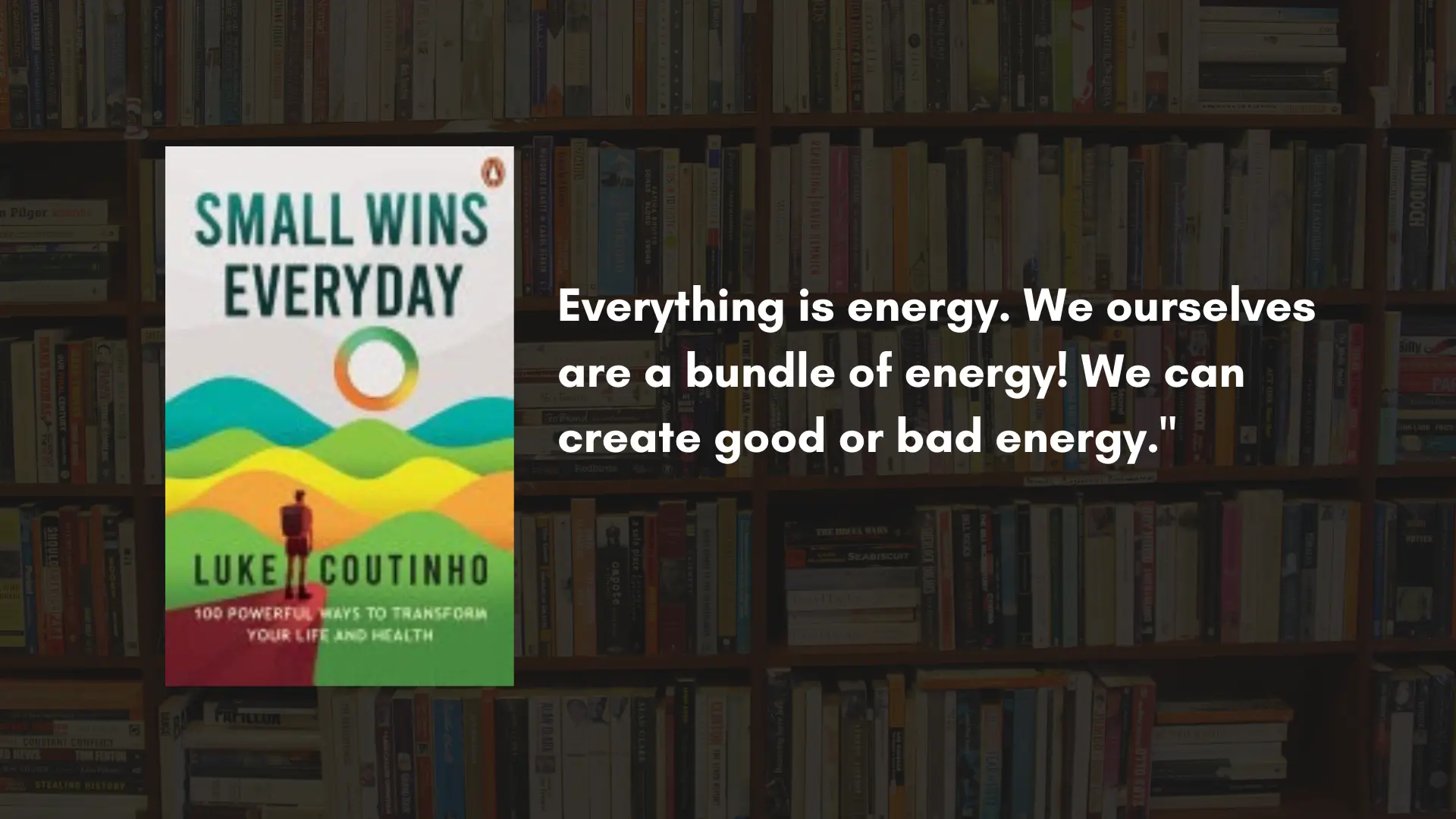This microentrepreneur started by stitching blouses and is now empowering other women to stand on their own feet
Based in Dehrigao, a village in Pune steeped in patriarchal stereotypes, Ranjana Kulshetty, a micro-entrepreneur started her business from scratch and now exports dresses and jute bags to international markets.

Ranjana Kulshetty started with an initial investment of Rs 5000.
When Ranjana Kulshetty saw her husband, the only breadwinner in the family burdened with increasing family expenses, she turned to her passion for stitching in the hope of contributing financially to the family.
After several formal and informal training sessions, Ranjana started her own business by stitching blouses and earned enough to buy a house and support the education of her two children. However, she was able to do this only after convincing her husband and family members who were against the idea of ‘working women’. Her husband would throw her out of the home along with the sewing machine in protest.
For Ranjana, being an entrepreneur was the first real job which brought “360-degree change” in her life. “This business has not only been an opportunity to demonstrate my skills but also gave me the confidence to live in such a challenging society,” she tells HerStory.
The journey
Based in Dehrigao village, Pune, Ranjana spent most of her life taking care of domestic chores with no income. In 1997, she wanted to pursue professional course in designing and stitching and started helping a local business woman Manisha Verma put stickers on chocolate wrappers and earned Rs 2 for each kilogram of chocolate.
Her first savings of Rs 500 became the ticket to training classes in blouse stitching for two months. When she could not continue further, Ranjana started working for a tailor in Warje village in Pune. She was tasked with hand stitching work and would earn Rs 1.5 for each blouse.

Ranjana has a team of three women helping with her business
“I requested my boss to allow me to learn sewing and offered to work free. And after a year, I started my own stitching business in 1999,” she recalls.
Started with an initial investment of Rs 5,000 and a sewing machine and blouses priced at Rs 25 each, the business did not take off for years due to lack of funds. This changed in 2015 when she learnt about the Mann Deshi Foundation’s support to women entrepreneurs as part of Amdocs' CSR initiative.
The initiative provided revolving fund as a seed capital to women entrepreneurs. Ranjana availed a loan of Rs 20,000 for a year-and-a-half and paid a monthly instalment of Rs 1,300. She recalls that the process was simple and she had to submit only Aadhaar and PAN card.
Over the years, Ranjana also received skill-based training in areas of business strategies, goal planning, digital marketing and payments. She says publicity through word-of-mouth has played a huge role in promoting her business.
Today, she owns eight sewing machines and has hired three women to work for her. Besides sale of around 250 blouses every month, the business has also diversified to selling products like dresses, masks, and jute-based products like laptop bags, plant holders, and wall hangings. They are sold in Maharashtra and exported internationally with the help of the Mann Deshi initiative.
In the wake of COVID-19 scare in March, Ranjana started making masks for an old-age home called Matoshree Vridh Ashram and visually impaired students as well. Priced between Rs 5 and Rs 25, she has sold nearly 80,000 masks.
More recently, Ranjana and her team completed an export order of 500 jute plant holders.
COVID-19 and other challenges
As most social and ecomonic activities came to a halt with the spread of the coronavirus, Ranjana saw a dip in the sale of blouses as most weddings were cancelled or delayed. She could not go out to conduct her training classes as well.
Payments was a challenge for the micro-entrepreneur in the beginning. People often skipped payment during purchase and later denied not having bought them at all. All these have been learnings for her, as an entrepreneur.
She also notes, unfortunately, women’s contribution to the family’s finances continue to be looked down upon. It was the same in her case as well.
“My husband was not in favour of this idea and didn’t support me initially when I attended training sessions. With a lot of hardships and after fights with my husband, I managed to begin work without his support. In fact, he threw me out of the home with my sewing machine several times but it never stopped me from working towards my dreams, she says.
After more than a decade since embarking on her journey towards financial independence, Ranjana says she proved herself through her work. “There is nothing more I can ask for,” she says, as she signs off.
Edited by Rekha Balakrishnan









